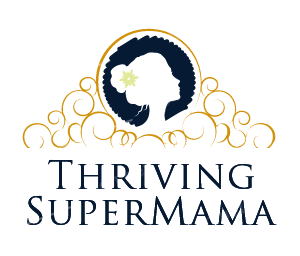The question of taking the Covid-19 vaccine or not is on every dinner table conversation. With the world going through a pandemic that has left many people at a standstill, researchers have worked on producing the Covid-19 vaccine that spurs a lot of controversies. As such, it’s normal for people to have questions about them.
Amidst the popular and medical opinions on getting vaccinated, your family members may have their concerns. How do you start off this conversation? Primarily, it’s preferred you just listen to them without judgment and identify the root of their concerns. Say acknowledging statements to make them feel safe and heard like, “I’ve noticed that you are stressed at work. How you’re working from home seems to be affecting you.” This shows them you see their concerns about the vaccine as another source of stress. Below are ways you can have the Covid-19 vaccine conversation.
READ ALSO: TALKING TO YOUR KIDS ABOUT COVID-19 & PERSONAL HYGIENE
If possible, always ask open-ended questions
This helps you explore their concerns when it comes to the Covid-19 vaccine issue. The queries are meant to bring up more than a yes-or-no answer. They help you understand what your friend or family member is concerned about, where they got that troubling information, and what they have done to get answers to their questions. Queries like, “How did the report we watched make you feel?”, can make a huge difference. Don’t sound judgmental. Ask questions that help you understand their concerns. Avoid comments like, “That’s a stupid concern,” or “Why get worried about that?”
Ask permission to share information
When you understand your friend or family member’s question or concern, ask if you can provide some information, and tell them where you get the information you trust. If they agree, they will be more willing to listen instead of feeling like you’re pushing unwanted information on them. You can find answers to common questions from reputable sources, including CDC.gov and WHO (World Health Organisation), the local health center, or other trusted sources such as their doctor, nurse, and pharmacist. Sharing those quick and accurate answers to common concerns your family or friends might have can go a long way toward moving someone from worry to confidence. If you don’t know the answer to their questions, ensure that they know you’re willing to help look for that information. Don’t lie just to prove a point.
Help them find their reason to get vaccinated
Since your grandparents or other family members may be far from you, virtually call them and know what their thoughts are concerning the vaccine. Try showing them how you feel about it and how you’d want them to react to it. Discuss about it and make sure you land in a mutual agreement.
The issue about Covid-19 is simple, those who choose to get vaccinated do it for a reason which is to protect their family, to protect their children, their workplace, help them get less anxious, visit parents, or to get back to normal activities like seeing friends, attending concerts, resuming work, or returning to school. After facing concerns with empathy and facts, you can steer the conversation from “I don’t” to the important reasons that matter to them. You must share your reasons for getting vaccinated too or talk about the common goals you’ve set, with each other safely. The main reasons that someone may choose to get vaccinated will always be those that are most compelling to them personally.
Try and stay safe during this pandemic and make sure to keep your family, friends, and colleagues safe. Having a conversation around getting the Covid-19 vaccine will definitely be easier when you follow the above steps.


